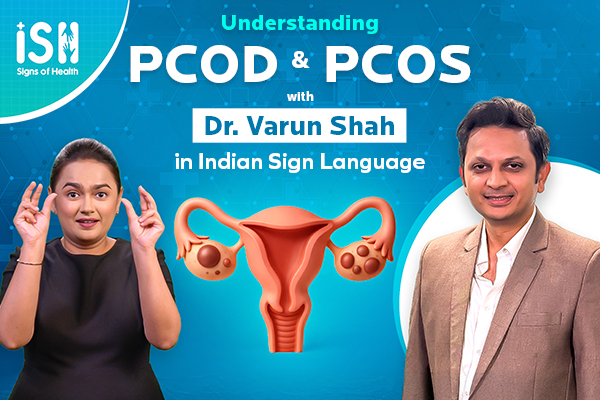India Celebrates National Science Day
Every year, India celebrates National Science Day on 28th February to commemorate the remarkable work of Indian physicist CV Raman.
Every year, India celebrates National Science Day on 28th February. It is to commemorate the remarkable work of Indian physicist Chandrasekhara Venkata Raman (CV Raman) in the field of Spectroscopy which is the study of the emission of light.
CV Raman was born in 1888 in Tiruchi, Tamil Nadu. While working in the laboratory of the Indian Association for the Cultivation of Science in Kolkata, CV Raman discovered the Raman Effect. It was on 28th February in 1928, when CV Raman made this important discovery which was named after him – the Raman Effect. For his work, CV Raman was awarded the prestigious Nobel Prize in Physics in 1930. CV Raman is known as one of the greatest scientists and an inspiration to many. Raman's work has often proved to be helpful in modern science.
In 1986, the National Council for Science and Technology Communication (NCSTC), asked the Government of India to announce 28th February as National Science Day. The government accepted and declared the day as National Science Day. The first National Science Day was celebrated on February 28, 1987. The aim of the National Science Day is to raise awareness on the importance of science. Educational institutions celebrate National Science Day by organizing speeches, radio, TV, science movies, science exhibitions, debates, quiz competitions, lectures and science model exhibitions. The goal of the day is to inspire young people to get interested in science and to recognise its relevance. Prime Minister Narendra Modi too greeted scientists and other science enthusiasts on the occasion of National Science Day.







